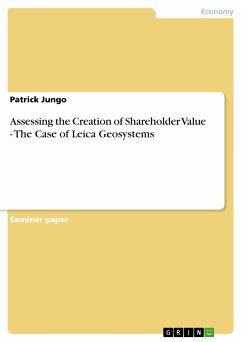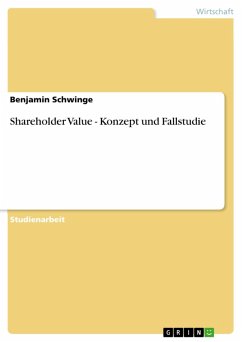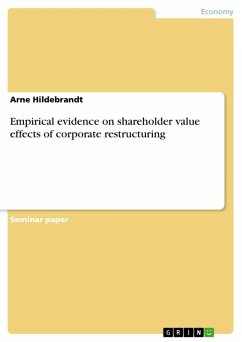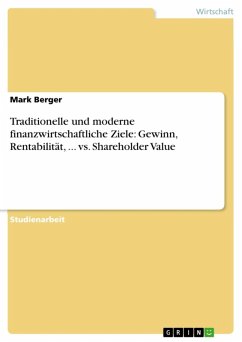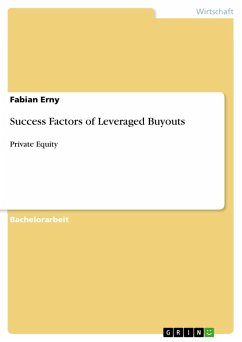Seminar paper from the year 2006 in the subject Business economics - Investment and Finance, grade: 1, University of Zurich (Swiss Banking Institute), language: English, abstract: Over the past few months, mergers and acquisitions (M&A) have been on the top of many corporate agendas. Not only in the US, but also in Europe was the year 2005 sometimes referred to as "merger wave" with a number of relatively sizeable cross-border transactions. Similarly, M&A activity in Switzerland was on a four-year high, backed by a strong market performance. Given the relevance of an M&A-related topic we are interested whether cor-porate takeovers with a synergy-rationale actually benefit shareholders of the acquiring firm. We studied the case of Hexagon who acquired Leica Geosystems after a bidding battle against Danaher in 2005. Since Hexagon ended up paying a relatively high premium of 51.4% to Leica shareholders, the transaction appears illustrative to test for a positive return from a Hexagon shareholder's perspective. If Leica's market value were equal to the value it represents to Hexagon, the premium paid would be a good measure of the synergy benefits Hexagon expects. However, as broker targets suggest and our DCF valuation confirms, Leica shares were undervalued by the market in the period preceding the takeover announcements. Our thorough analysis will demonstrate that, as a result of Leica's undervaluation prior to takeover announcements and due to the substantial synergy benefits that could be created through the combination, Hexagons takeover of Leica Geosystems was indeed creating shareholder value for both Hexagon and Leica shareholders.
Dieser Download kann aus rechtlichen Gründen nur mit Rechnungsadresse in A, B, BG, CY, CZ, D, DK, EW, E, FIN, F, GR, HR, H, IRL, I, LT, L, LR, M, NL, PL, P, R, S, SLO, SK ausgeliefert werden.
Hinweis: Dieser Artikel kann nur an eine deutsche Lieferadresse ausgeliefert werden.

